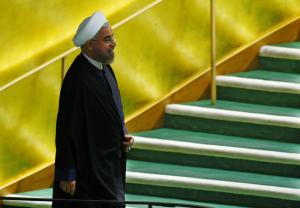This article originally appeared at The Daily Beast:
TURBAT, Pakistan—Something fell out of the sky near Arif Saleem’s home at 5:20 a.m. on Nov. 25, 2013. He scrambled outside to find a 25-foot-wide crater just beyond the mud wall surrounding his family compound. The strike was one of three, in quick succession, that morning in the village of Kulahu, in Pakistani Baluchistan, 45 miles east of the Iran border. One of the blasts damaged the local mosque. Pages from the Quran fluttered in the air before landing gently on the rubble.
The next day, Saleem made the 30-mile trip east to Turbat, the administrative center of his small district in southwestern Pakistan. “They refused to register a case, saying the matter is out of their hands,” he told me.
With few legitimate industries or development assistance from the central government, Turbat is a derelict city prickling with militants. Most of the area’s inhabitants grind out a living as subsistence farmers or cross-border smugglers, shuttling everything from cement and diesel to Afghan opium between Pakistan and Iran. There are few paved roads, and at the airport, soldiers outnumber travelers.
It is also the epicenter of a war being waged by the Shiite regime in Iran against a shadowy group of Sunni Baluch jihadis.
Already involved in the fight against the Islamic State in Syria and neighboring Iraq, Iran is now increasingly worried about the threat from Sunni militants on its eastern border with Pakistan, who get backing, it claims, from the United States and Saudi Arabia. Although rarely mentioned in public, persuading Iran to budge on issues like its nuclear program may well depend on addressing what it now sees as a multi-faceted, global attack on it by Sunni jihadis.

COMMENTS
Please let us know if you're having issues with commenting.